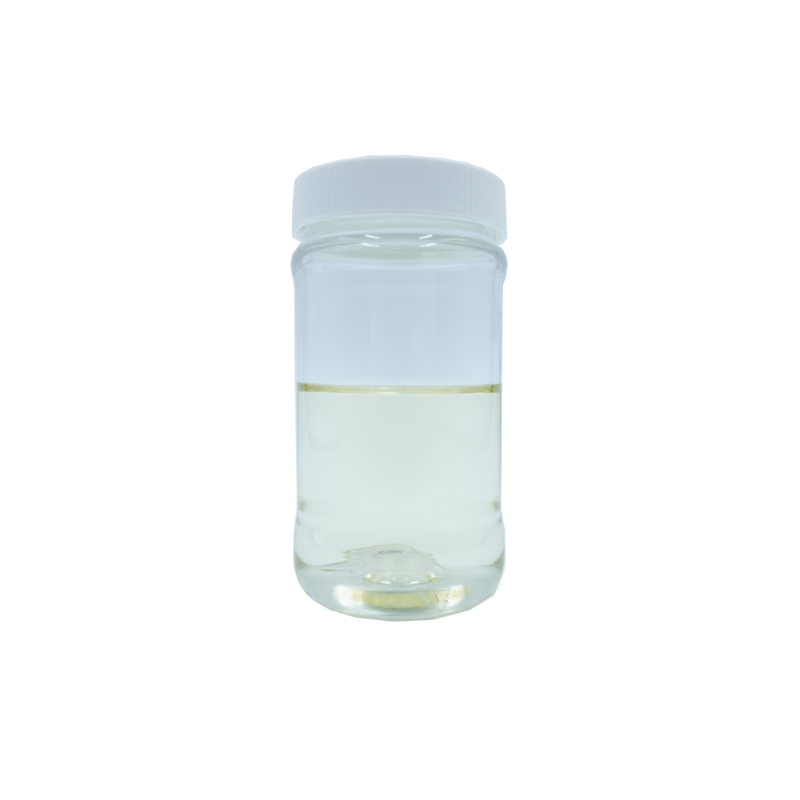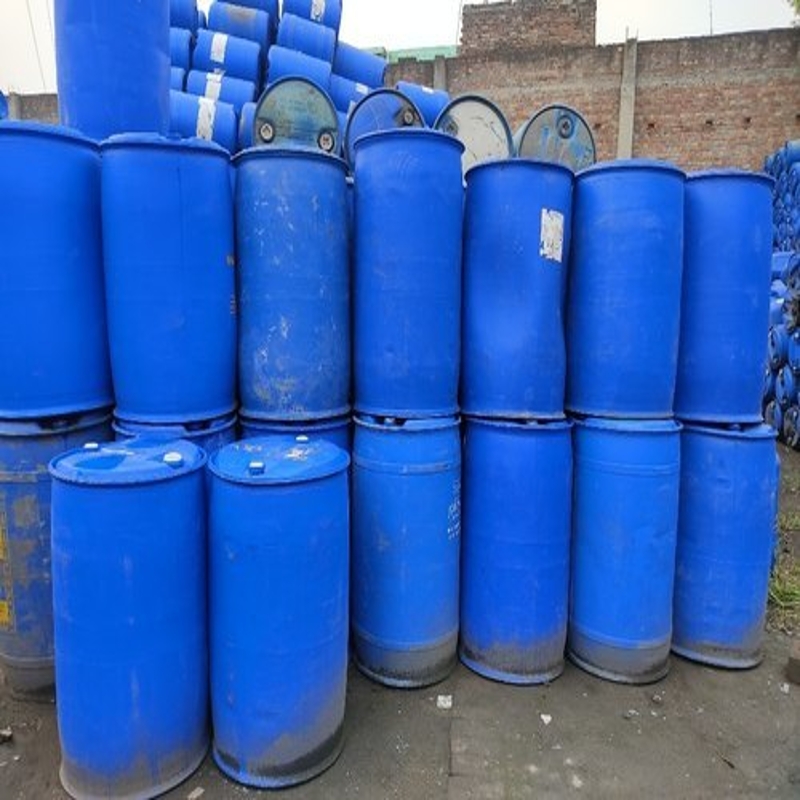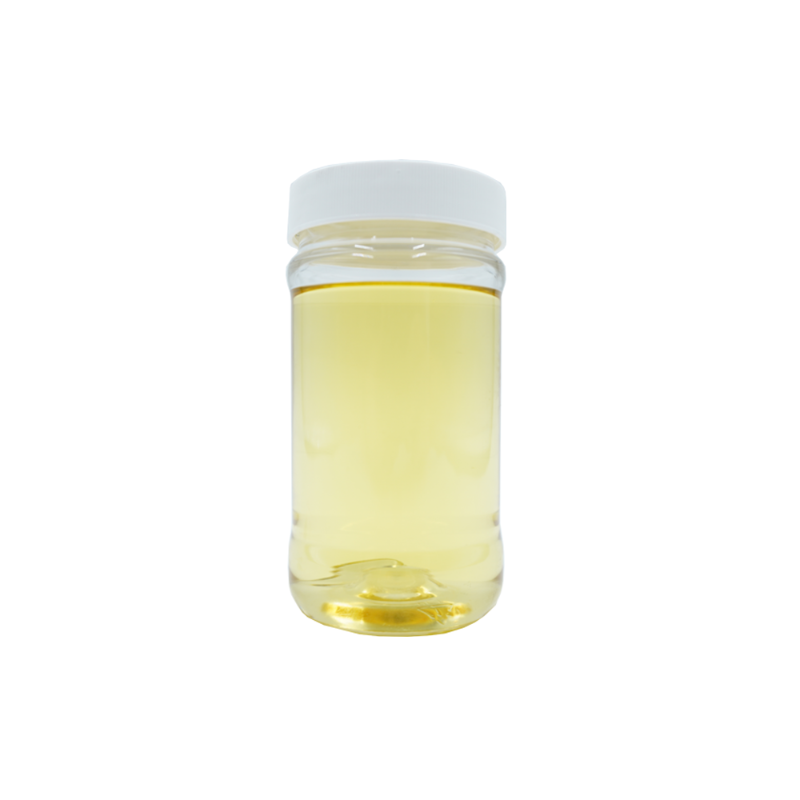-
Categories
-
Pharmaceutical Intermediates
-
Active Pharmaceutical Ingredients
-
Food Additives
- Industrial Coatings
- Agrochemicals
- Dyes and Pigments
- Surfactant
- Flavors and Fragrances
- Chemical Reagents
- Catalyst and Auxiliary
- Natural Products
- Inorganic Chemistry
-
Organic Chemistry
-
Biochemical Engineering
- Analytical Chemistry
-
Cosmetic Ingredient
- Water Treatment Chemical
-
Pharmaceutical Intermediates
Promotion
ECHEMI Mall
Wholesale
Weekly Price
Exhibition
News
-
Trade Service
In the water-based wood coating system, the fluidizer has an extremely important position, affecting all aspects of the coating, an ideal effective flow curve needs to have two roles:
(1) denaturation. Good tentacles can solve the role of anti-sinking and anti-flow hanging. More importantly, good tentacles keep silver powder in a parallel arrangement when sprayed into the sheet, which is especially important for water-based wood coatings .
(2) late liquidity. After spraying on the sheet, the coating needs a certain tentacle to prevent the flow and maintain the arrangement of particles. After this window period, the shrinkage of the coating film causes the emulsion particles to be further arranged, at which point the possible low viscosity helps to arrange further, as well as the smoothing of the coating film.
commonly used in water-based industrial coating systems are the following three categories:
(1) alkali-soluble type. For example, cellulose, acrylic (ASE), which thicken water and are very sensitive to pH.
(2) to the PU type (HEUR). Generally divided into 3 categories, Newtonian type (the field of architectural coatings is often said to be leveling agent), false plastic and strong false plastic type (water-based systems need to use strong false plastic type). This type of thickening of particles, sensitive to surfactants, not sensitive to pH.
(3) gas phase silica, organic benthic soil, wax (hydrogen bond type).







